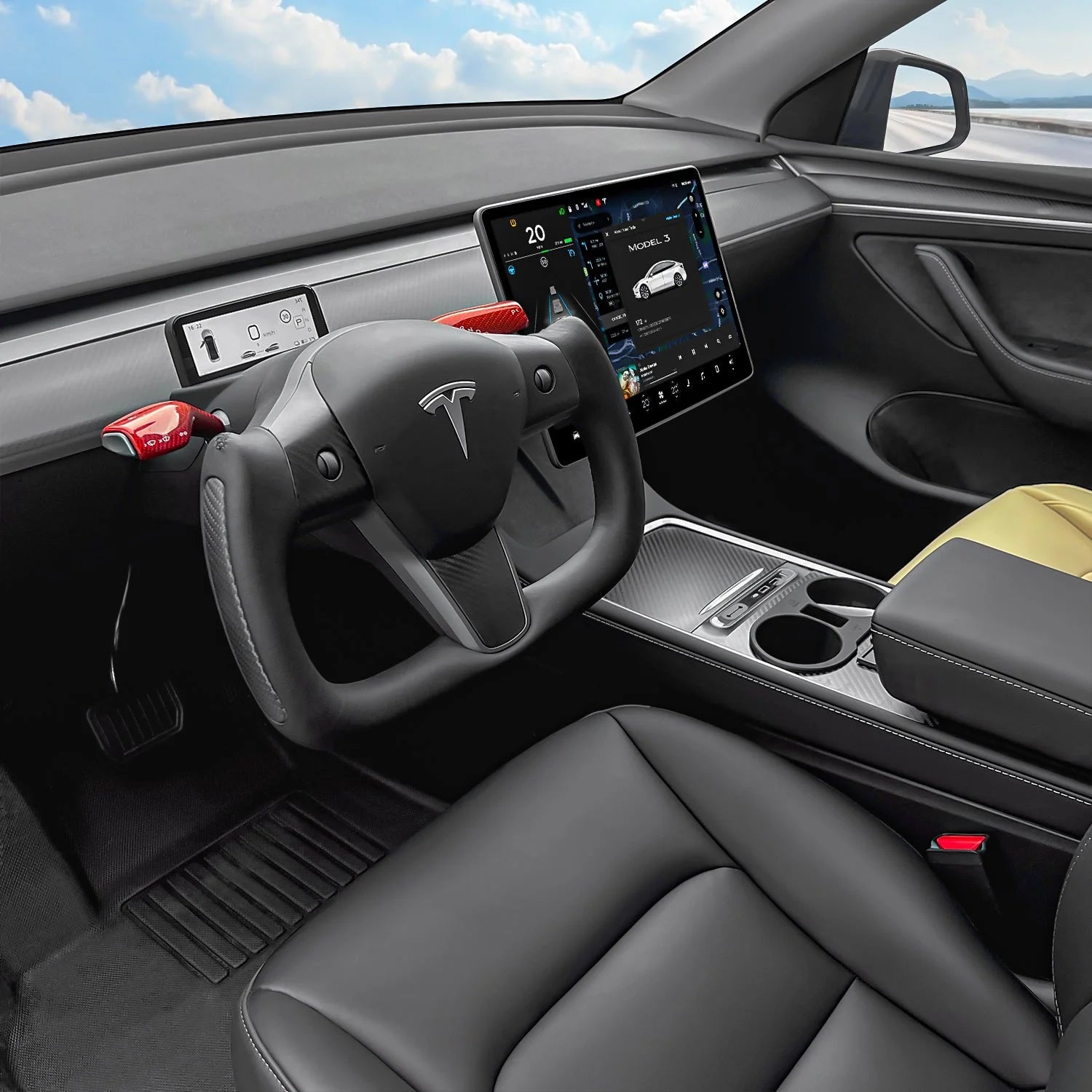Подробнее о портативных зарядных устройствах
Что такое портативное зарядное устройство для электромобиля?
Портативное зарядное устройство для электромобилей — это портативное устройство, которое позволяет просто подключить его к обычной розетке, и аккумулятор зарядится. Его легко носить с собой, поэтому вам не придётся беспокоиться о том, как зарядить аккумулятор, находясь вдали от дома или зарядной станции.
Как работают портативные зарядные устройства для электромобилей?
Портативные зарядные устройства для электромобилей работают от внешнего источника питания, например, от стандартной настенной розетки (Schuko) или промышленной розетки CEE. Портативное зарядное устройство контролирует и регулирует напряжение и ток для зарядки электромобиля.
Как пользоваться портативным автомобильным зарядным устройством?
Это довольно прямолинейно.
1. Подготовьте источник питания. Если вы используете розетку Schuko, убедитесь, что она выдерживает длительную высокую нагрузку (13+ А). Для зарядки мощностью 3,6 кВт убедитесь, что сечение кабеля составляет не менее 2,5 мм². Рекомендуемое сечение кабеля для зарядного устройства мощностью 7 кВт (32 А) — 6 мм².
2. Подключите зарядное устройство к источнику питания.
3. Подключите зарядный пистолет к вашему электромобилю.
4. Зарядка должна начаться немедленно, если аккумулятор не полностью заряжен и не установлены таймеры.
Какое портативное автомобильное зарядное устройство лучше всего?
Лучшее зарядное устройство для электромобиля — безопасное. Убедитесь, что оно имеет необходимую сертификацию и защиту (например, от утечки тока, перегрева, заземления и т.д.). Обратите внимание на наличие УЗО (устройства защитного отключения) зарядного устройства. В некоторых регионах требуется переменный ток <30 мА + постоянный ток <6 мА. Более дешёвые зарядные устройства имеют переменный ток типа A <30 мА.
Сколько времени занимает зарядка портативного автомобильного зарядного устройства?
Это зависит от двух факторов: емкости вашего аккумулятора и мощности зарядного устройства.
Самый быстрый вариант — использовать зарядное устройство уровня 2 (22 кВт) с небольшим аккумулятором (например, Renault Zoe). Полная зарядка Renault Zoe Q210 от сети переменного тока займёт 1 час 15 минут!
Медленный сценарий — зарядка Tesla Model Y Long Range на зарядном устройстве уровня 1 (13 А). Полная зарядка аккумулятора Tesla ёмкостью 75 кВт⋅ч займёт около 30 часов.
Большинство водителей электромобилей стремятся зарядить аккумулятор за 8 часов, в диапазоне 10–80%.

